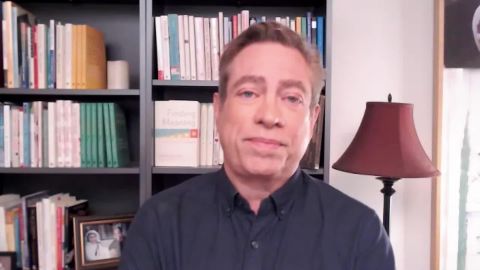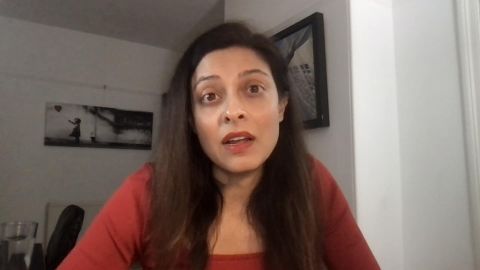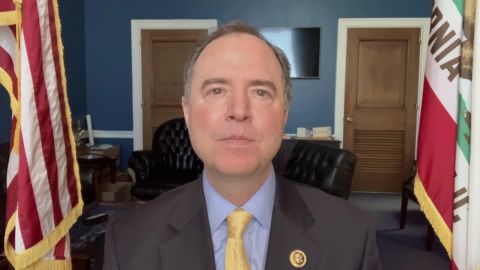Read Transcript EXPAND
CHRISTIANE AMANPOUR: So, I want to start by asking you about what President Biden’s doing, because, often, leadership kind of tends to come from the United States, or perhaps now, with the new administration. So what do you think a new strategy, a federal strategy, will actually mean? And what has to be done, what does he have to do to make that a reality?
DEVI SRIDHAR, UNIVERSITY OF EDINBURGH: Yes. No, it’s absolutely fantastic to see President Biden acknowledging the 400,000 deaths of Americans to COVID-19 and committing not only domestically to a plan, including face coverings, distancing, actually suppressing the virus through testing and tracing, but also to internationalism, to rejoining the World Health Organization. We had Tony Fauci representing the United States at the Executive Board today, as well as COVAX, the international facility for vaccine distribution to poor countries, committing to that as well. So it’s a really bright day for global health.
AMANPOUR: Can, I ask you also? There’s this report which suggests that the Biden — the Trump administration had actually no vaccine rollout plan. What does that mean in practice for this new incoming administration? I mean, is it like starting from zero?
SRIDHAR: Well, we have seen in the United States, in contrast to Britain is, in Britain, there was a plan. The NHS had a plan of priority groups. You start with those most at risk of death or those at risk with occupations. And then you roll that through, so that you have some kind of prioritization process and structure, where, in the States, it’s been almost a free-for-all, if your employer can buy it, you can pay for it, if you’re in a hospital that acquires it. So it’s kind of in a free-for-all situation. And I think what he will try to bring is actually a strategy similar to Britain of, what are the most crucial groups to cover first? And how do we systematically work through the population to vaccinate as many as possible?
AMANPOUR: So, I mean, you are American. You have worked in public health over there. You know that the federal government cannot order states to do this kind of stuff. What can a federal response actually look like? How much pickup or take-up will that have by the states?
SRIDHAR: Well, I think what it can do is actually coordinate states and actually try to support the states that have been doing really well. We know, for example, Massachusetts had an excellent response. New York now is moving ahead — so, to support those states and then support the other states as well. I mean, I think it is a challenge, because there are Republican governors who still deny that COVID is an issue compared to flu. We know 70 million Americans voted for Donald Trump. Some of those people think it’s a hoax, think it’s been overexaggerated, that their jobs are at stake. So I think it’s, one, about messaging and coherent messaging, but also coordinating state action towards a single target and single goal, because just because — and this is the challenge you have seen — Massachusetts did something right, it needs all its neighboring states to do it as well. And you need a kind of federally coordinated and led response.
About This Episode EXPAND
Global health expert Devi Sridhar explains how President Biden can best implement a federal pandemic plan. NATO Secretary General Jens Stoltenberg expresses his hope to rebuild a transatlantic partnership under the Biden administration. Rep. Adam Schiff discusses future plans for the Democratic Party. Grief expert David Kessler reflects on the 400,000 American lives lost to COVID-19.
LEARN MORE



